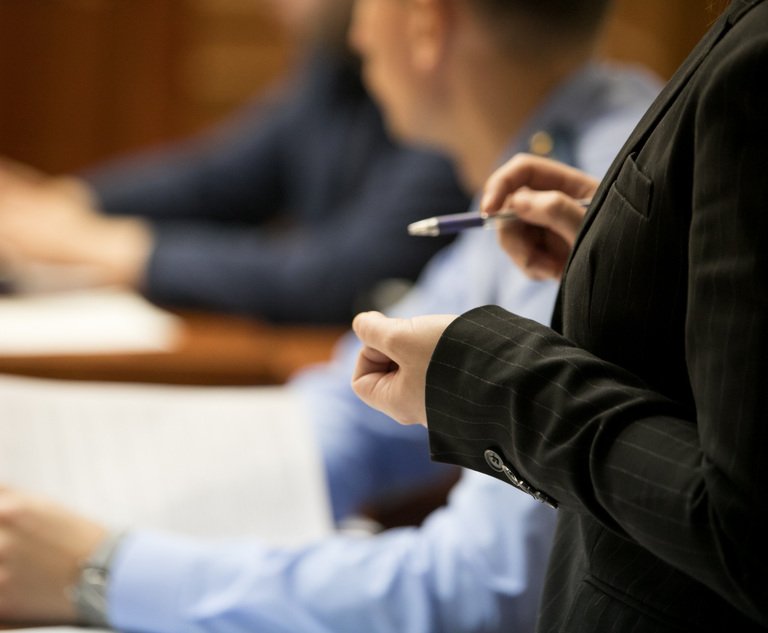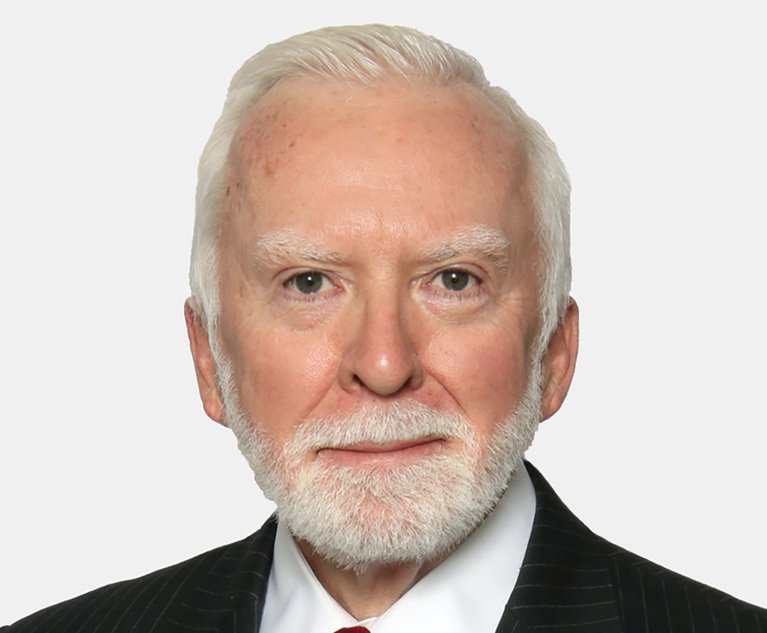The Houston Court of Appeals (First District) recently heard Fernandez v. State. Its ruling provides clear definitions of what role an outcry witness can play in proving allegations of continuous sexual abuse of a young child. Tex. Code Crim. Pro art. 38.072, Section 2 has come to be known as the “outcry statute.” It creates an exception to the hearsay rule in cases involving allegations of sexual assault of a child who is younger than 14 years of age. Pursuant to that statute, a trial court may admit a child/complainant/victim’s out-of-court statements that describe the alleged offense suffered by the child, provided that such statements were made to the first adult person to whom the child made a statement regarding the offensive conduct. There may be more than one outcry witness, provided that said witnesses testify about different events. In order to qualify for the outcry witness hearsay exception, a party offering an outcry statement must provide written notice to the opposing party in which the party who intends to offer such evidence identifies the name of the outcry witness(es), including a summary of the witness(es)’ testimony. Tex. Code Crim. Pro art. 38.072, Section 2 (b)(1).
Aaron Philip Fernandez was charged with the continuous sexual abuse of his stepdaughter, who was 12 years old when Fernandez was alleged to have begun abusing the girl. The child victim described numerous different instances of sexual abuse by her stepfather over a period of time of 30 or more days, including specific offenses or acts of indecency with a child, between July 17, 2017, and Oct. 31, 2017. On or about Feb. 21, 2018, the child, identified as “K.V.” made an outcry to John Laymon, her school counselor. As a result of the information conveyed by K.V., Laymon contacted Child Protective Services and the Houston Police Department. K.V. was then interviewed at the school about her statements. In addition, K.V. was interviewed by Lisa Holcomb, who was a forensic interviewer at the Harris County Child Assessment Center (“C.A.C.”). An outcry witness should be over the age of 18 and be the person with whom the child victim first spoke about the offensive contact, other than the defendant.


 Photo: Adobe Stock
Photo: Adobe Stock




